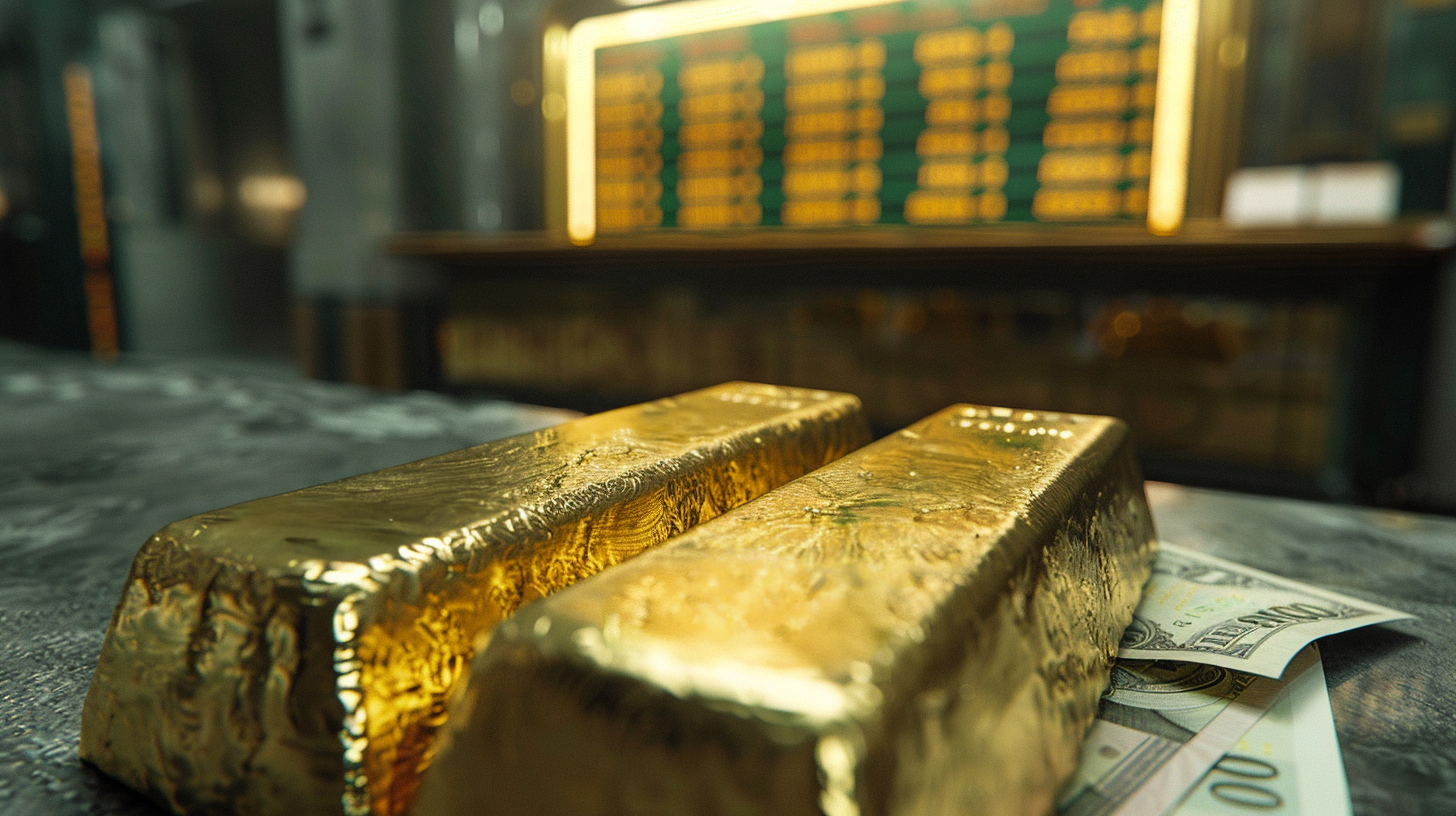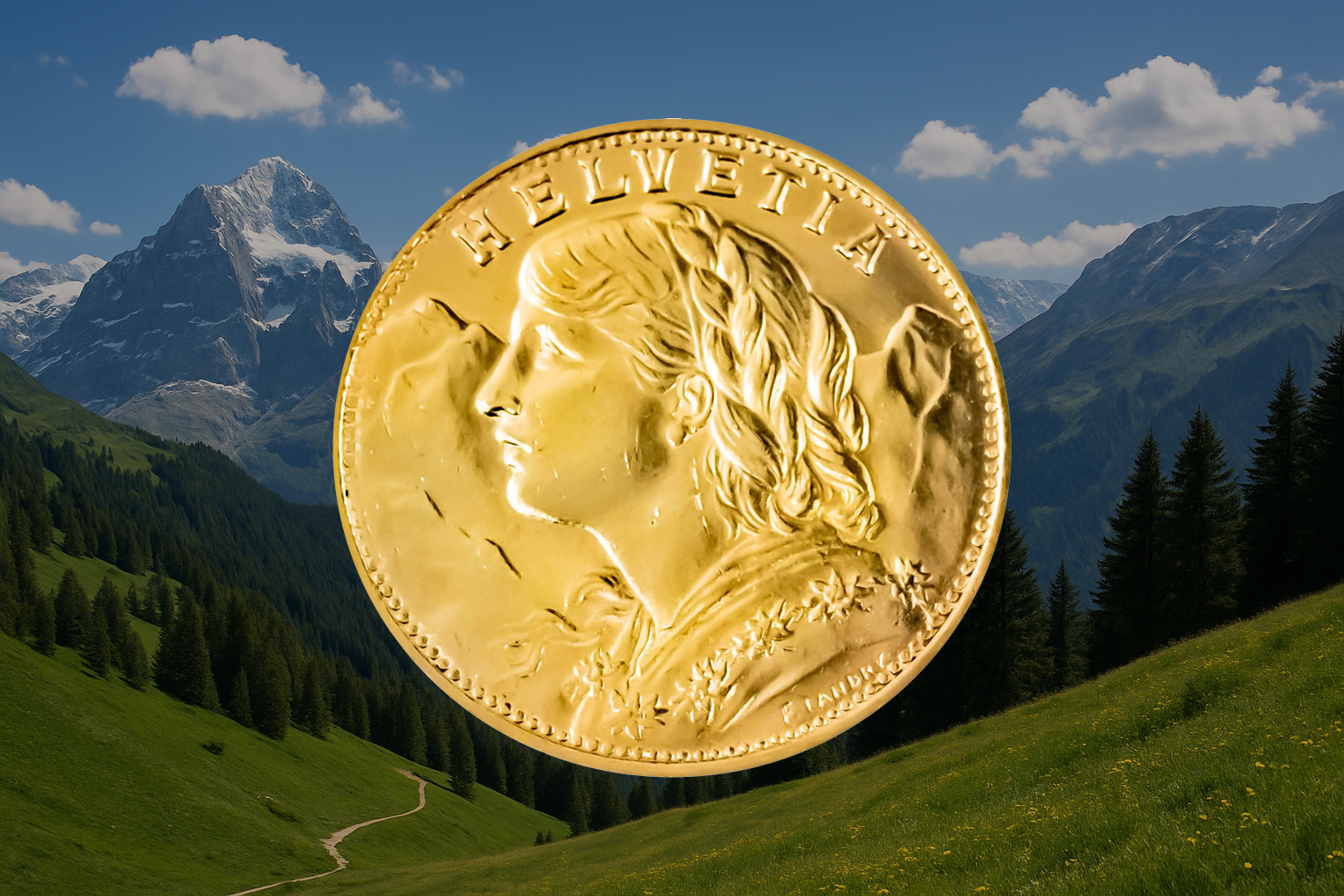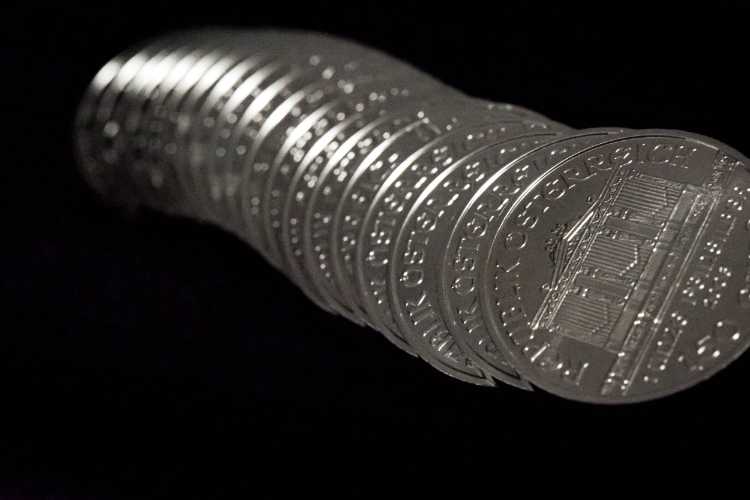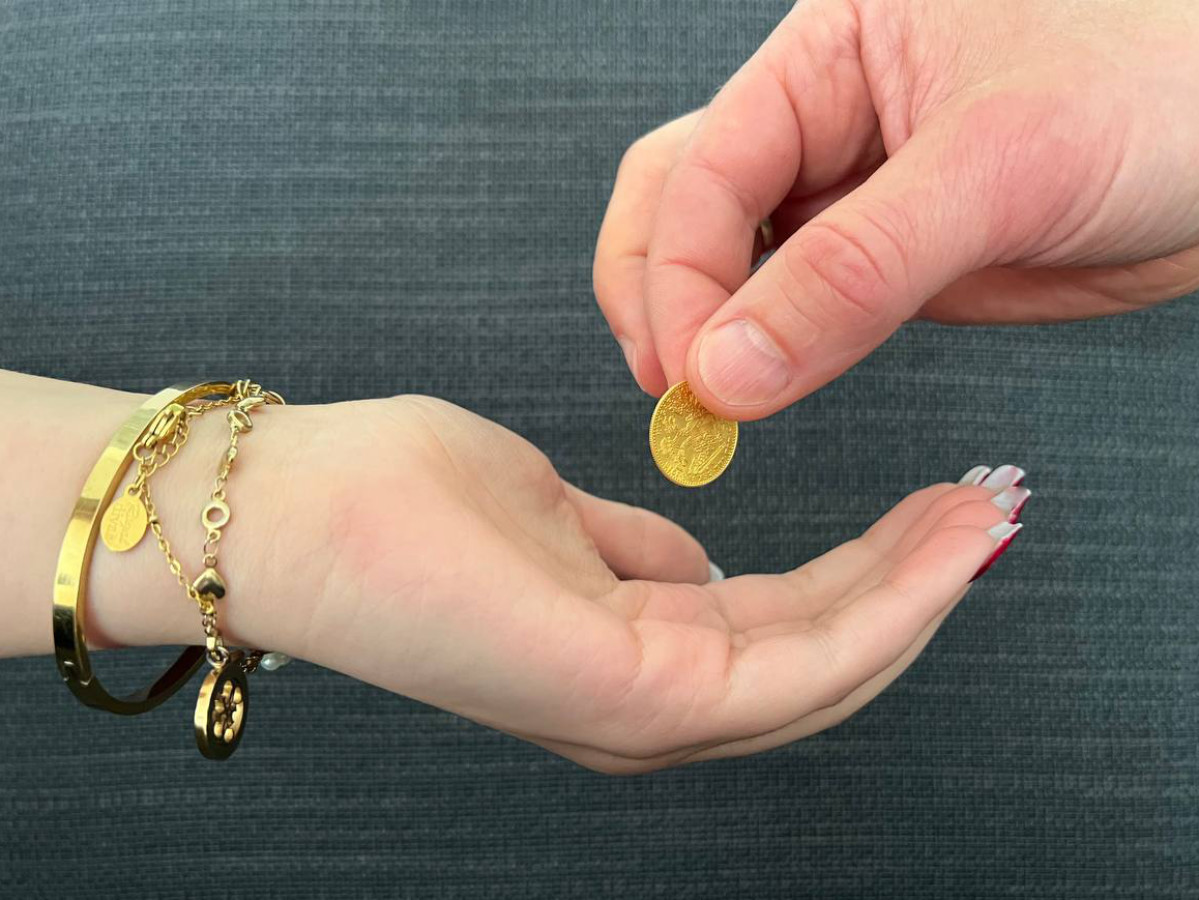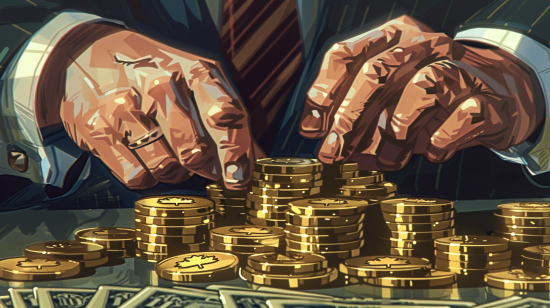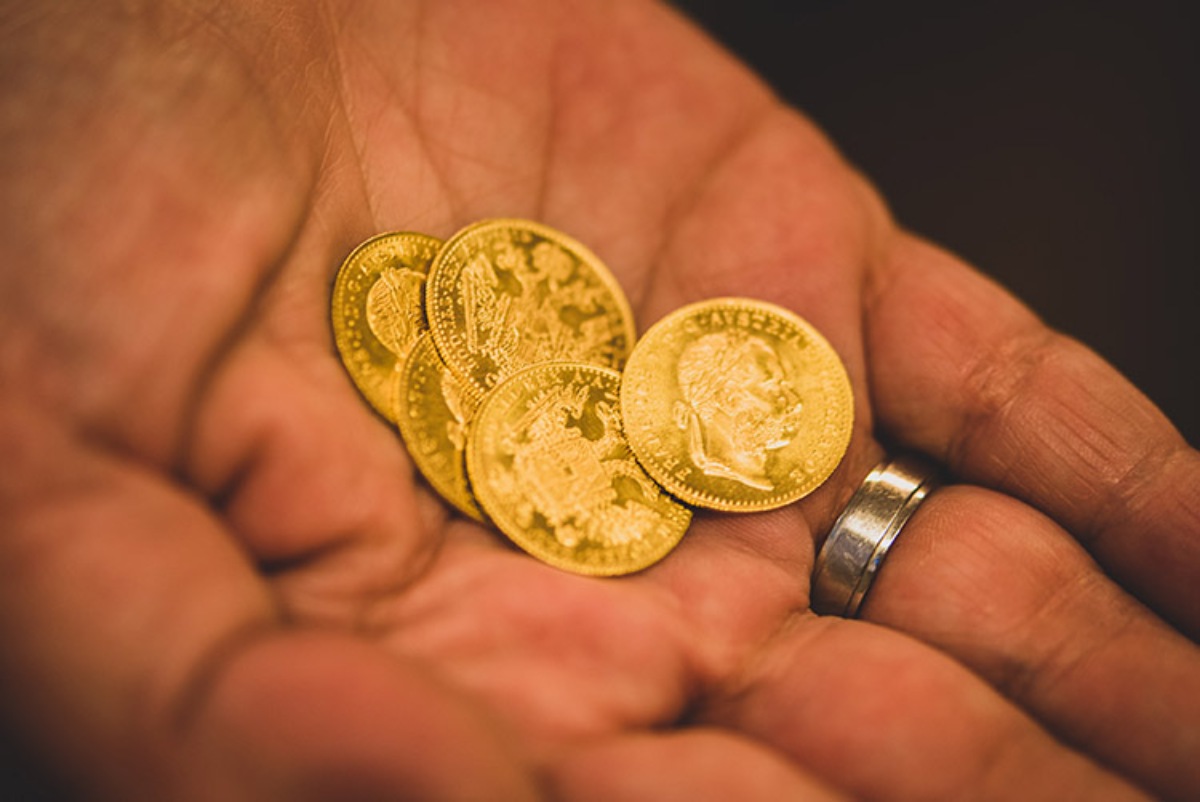
Gold as a crisis currency
In times of economic instability and loss of monetary value, gold has proven its role as a universal means of payment time and time again. It can be exchanged for almost any currency and is considered a secure store of value. Historical examples such as the hyperinflation in the Weimar Republic, the massive devaluation of money in Zimbabwe (2008/2009) or Venezuela (2014) and also numerous state bankruptcies in South American countries in recent decades (e.g. Brazil, 1983; Argentina, 2001; Uruguay, 2003) illustrate the importance of gold in times of crisis.
Gold is characterized by its globally recognized stability of value. While paper money quickly loses trust and value in crisis situations, gold remains a coveted commodity. Its physical nature and limited availability make it a safe haven in times of economic uncertainty.
Warning example
But there is also a good example in Europe of why gold is so important in times of crisis. It wasn't even that long ago.
In the course of the banking crisis in Cyprus in 2013, Laiki Bank and the Bank of Cyprus had to be rescued. The crisis was part of the European debt crisis and was exacerbated by the Cypriot banks' close ties to Greek government bonds, which had lost a lot of value following the Greek haircut.
Measures to rescue the banks:
- Laiki Bank:
Laiki Bank was wound up. The accounts with a balance of less than 100,000 euros were transferred to the Bank of Cyprus and remained secured. But balances over 100,000 euros were frozen and partially written off to cover the bank's losses. - Bank of Cyprus:
At the Bank of Cyprus, balances over 100,000 euros were forcibly converted into bank shares in order to strengthen the bank's equity base. This led to considerable losses for wealthier savers and companies. Deposits under 100,000 euros were protected by the deposit guarantee scheme.
Capital controls:
To prevent a massive outflow of capital, Cyprus introduced strict capital controls. These included:
- Limits on withdrawals: Only limited amounts of cash may be withdrawn per day.
- Restrictions on bank transfers: Transfers abroad were heavily regulated and in some cases completely prohibited.
- No checks cashed: Checks could not be cashed.
The event is still regarded as a precedent in the eurozone, partly because private deposits were used to rescue banks for the first time. This means that this scenario could be repeated in a similar crisis.
Owners of physical gold, which was stored privately, remained unaffected by these measures. In this case, gold not only protected against devaluation, but also preserved liquidity.
Gold as crisis money? Not in every case!
It is often argued that gold serves as a means of exchange for essential goods such as food or fuel in extreme crises. However, this view is not without its limitations. In situations of major supply shortages, the utility value of goods can be higher than that of gold. A loaf of bread or a can of water can be worth more than a bar of gold in an acute emergency.
Historical reports from the world wars show that farmers in the countryside traded precious metals and jewelry from desperate townspeople for food. Gold owners were often forced to hand over their treasures for far less than they were worth. It is therefore advisable not only to invest in precious metals, but also to stockpile durable food and other essential goods.
Another example is the economic crisis in Venezuela, where hyperinflation almost completely destroyed the value of the national currency. People who had gold or other precious metals were able to buy food and medicine, while those without such collateral had great difficulties.
Optimal means of exchange in the crisis
In times of crisis, means of exchange are preferred that:
- have a high utility value,
- are generally known and in demand,
- are scarce but still available.
In Europe, the general public's knowledge of precious metals is rather limited, although the demand for gold is high - especially in German-speaking countries. But who knows what an ounce is or what a gram of gold costs?
In many emerging or developing countries, on the other hand, gold is often more widespread and recognized, as many people know the value of the metal and often even mine it themselves - for example in India or in African countries such as Zimbabwe, Ghana or Tanzania.
In addition to gold, silver coins are also popular means of exchange in times of crisis. Silver is easier to trade in smaller units and is more suitable for everyday use. In addition, silver is widely used in industry, which further stabilizes its value.
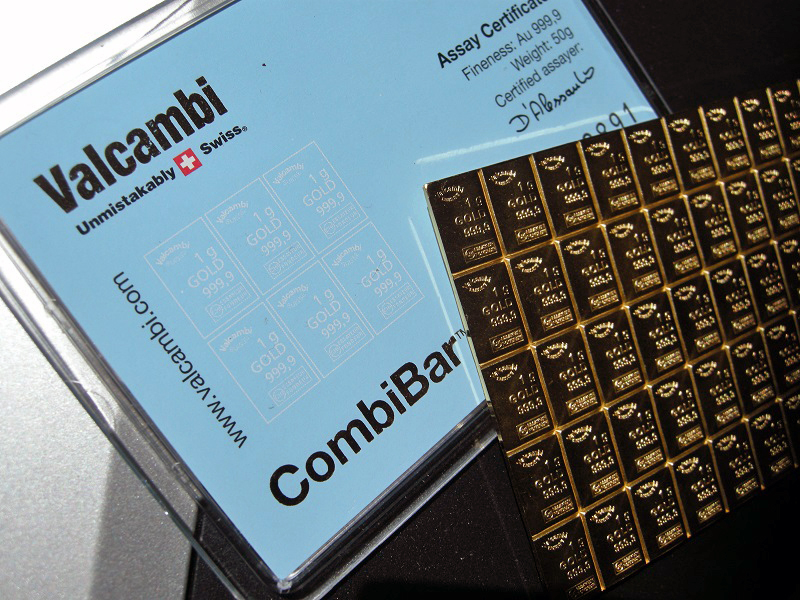
The importance of small gold units
In times of crisis, it is advisable to own gold in small units. Small bars or coins are more flexible in bartering. However, small bars (0.5 or 1 gram) should not form the basis of a gold portfolio, as the surcharges for these units are often disproportionately high. It is also important to note that no one will give "change" for gold in an exchange.
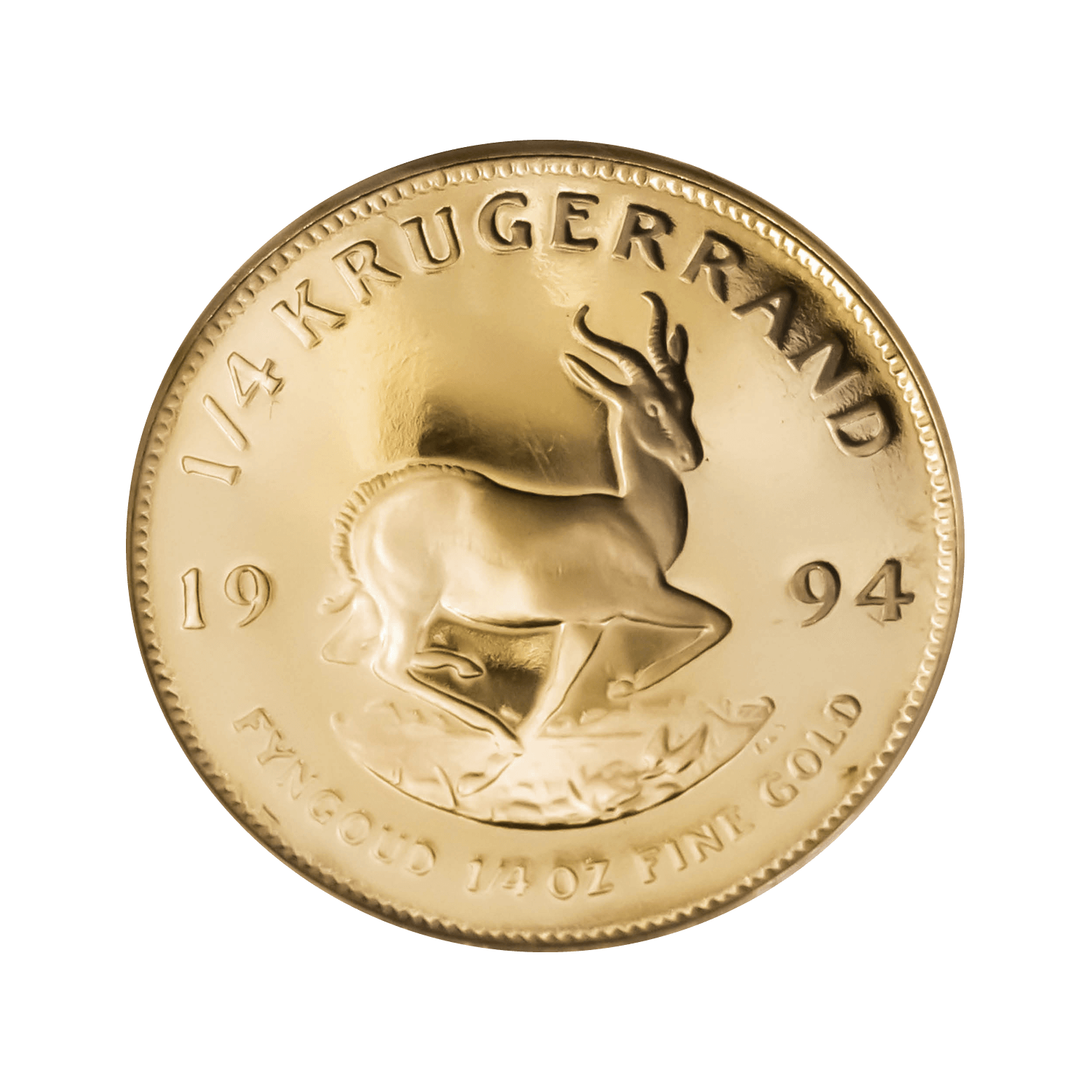
Coins such as the Krugerrand or the Vienna Philharmonic are internationally recognized and easy to trade. Their fineness and weight are standardized, which increases confidence in their value. There are also special crisis coins that are minted in small denominations and are particularly suitable for everyday exchange.
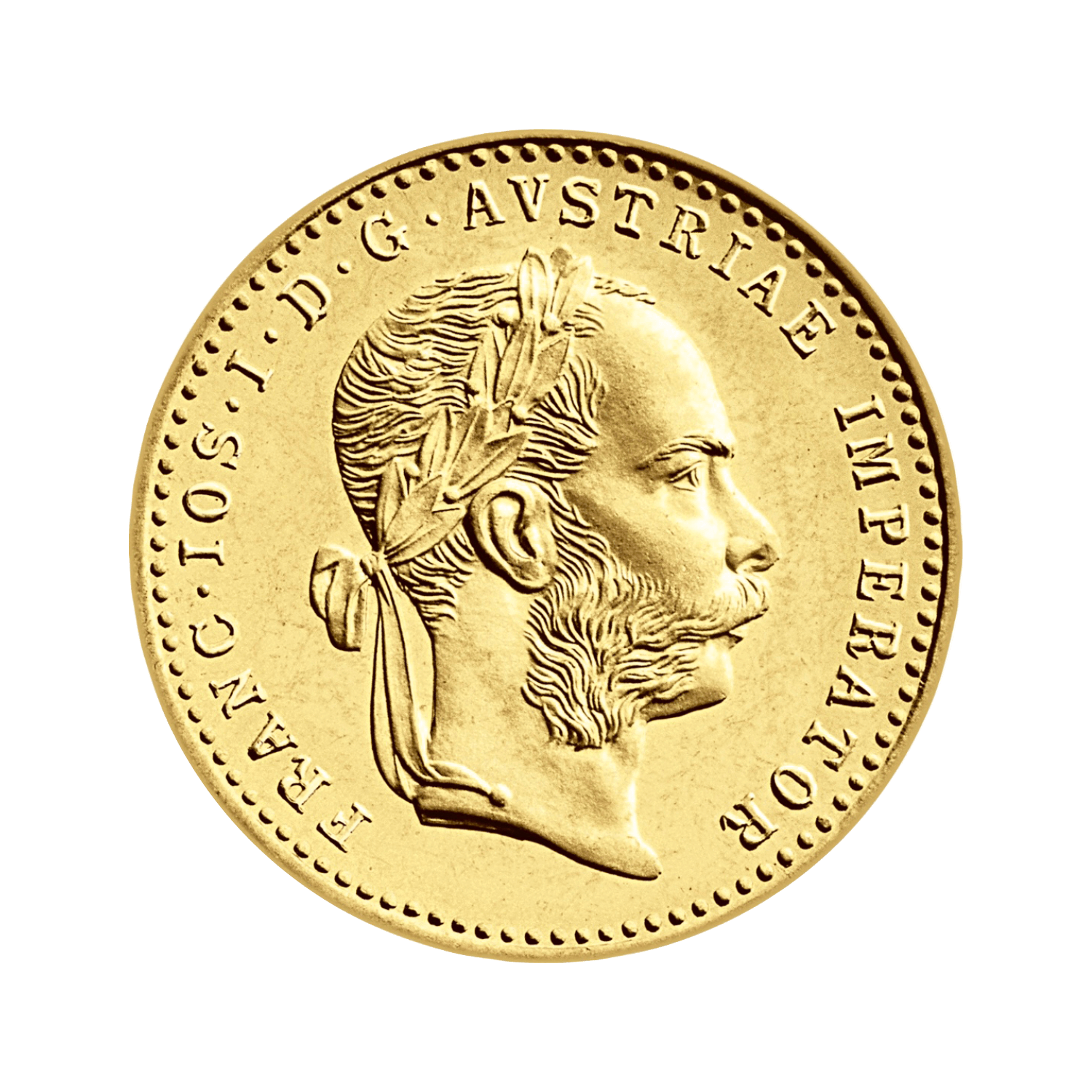
Maximum purchasing power in economic crises
In economic crises, such as a currency crash or hyperinflation, gold often reaches its maximum purchasing power. If a crisis leads to a collapse of the economy, unemployment and company bankruptcies increase and the movement of goods can come to a standstill. In such situations, the value of gold rises dramatically against the domestic currency.
During the Great Depression in the USA, gold owners were able to acquire real estate and other valuable assets at bargain prices. The situation was similar in Germany after the First World War, when hyperinflation forced many people to sell their assets far below their value.
Requirements for success with gold during the crisis
In order to benefit from gold in a crisis, the following conditions should be met:
- Debt-free: Debt can force you to sell gold before the crisis has reached its peak.
- Owning residential property: A debt-free home reduces financial pressure.
- Provision for everyday life: stocks of food and other goods prevent you from having to sell gold in the first phase of the crisis.
In addition, it is advisable to hold at least a portion of your assets in other solid or popular forms of investment or payment, such as other metals, cash/foreign currencies, shares and possibly Bitcoin. Broad diversification increases security and flexibility in times of crisis.
Long-term prospects and gold as asset protection
Gold not only serves as a crisis currency, but also as long-term asset protection. It protects against inflation, currency losses and economic turbulence. Central banks around the world hold gold to secure their reserves, stabilize currencies and create public confidence. Private individuals should do the same.
Conclusion
Gold is a proven means of asset protection in times of crisis. It protects against inflation, state expropriation and currency collapse and can serve as a means of payment in economic emergencies. However, gold should not be the only crisis precaution. A combination of precious metals, other means of payment and stocks as well as freedom from debt is the key to remaining financially stable in difficult times.

